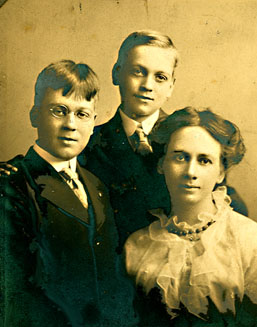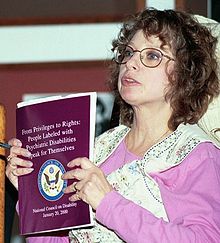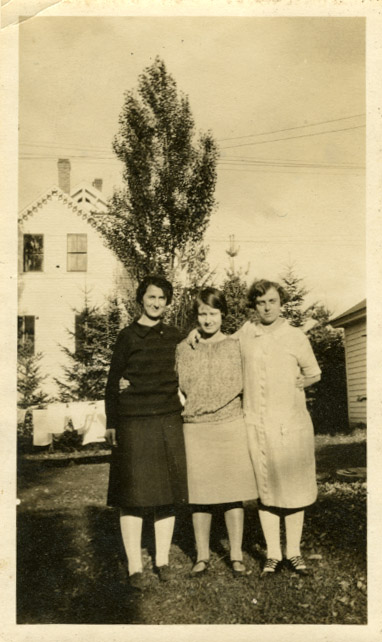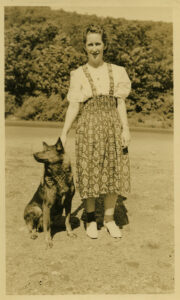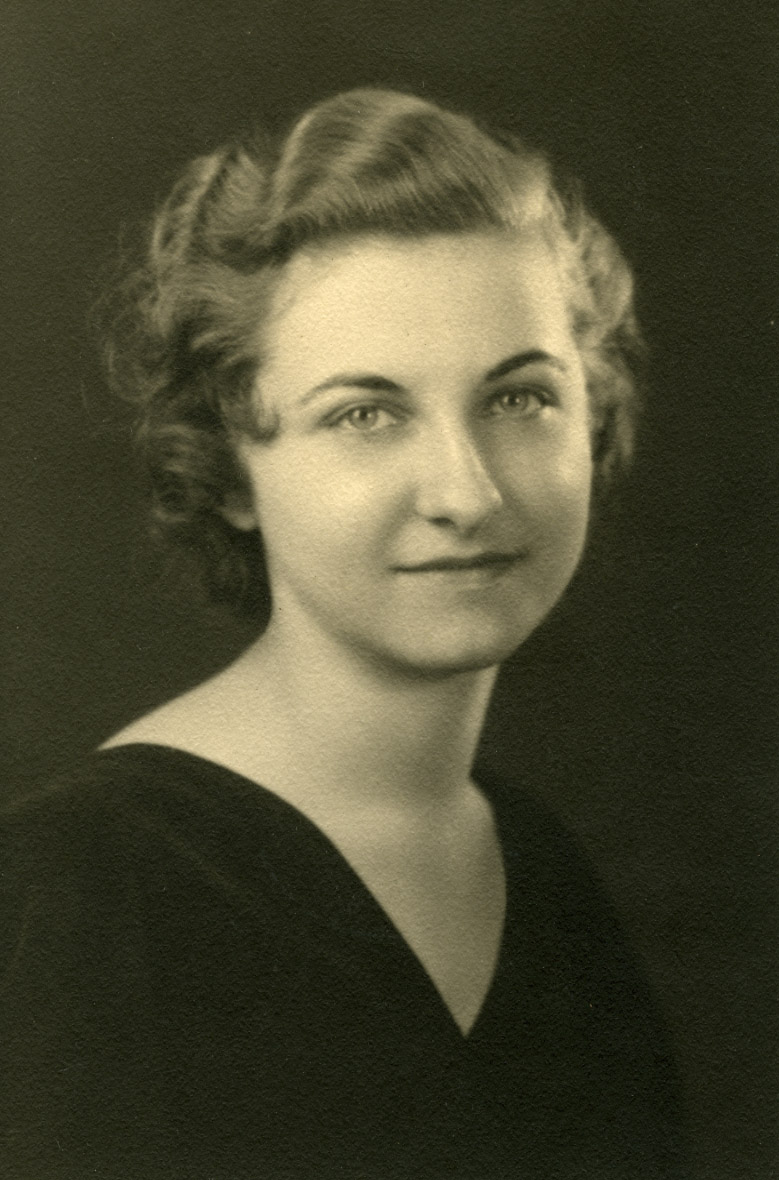Kenyon Leech Butterfield Papers
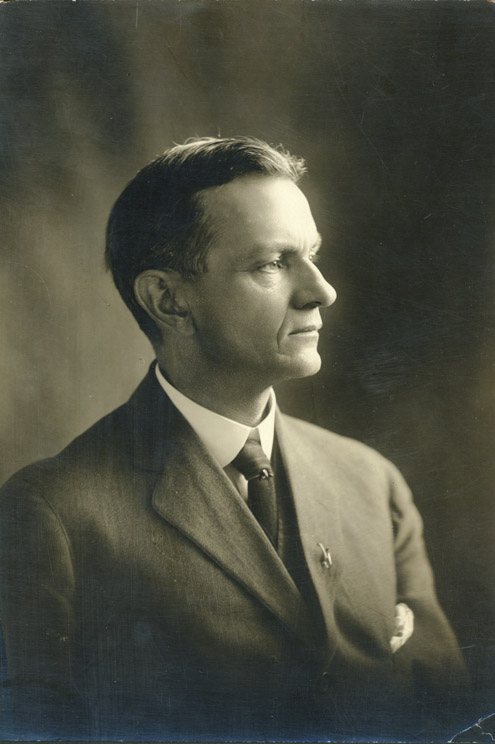
An agricultural and educational reformer born in 1868, Kenyon Butterfield was the ninth president of Massachusetts Agricultural College and one of the university’s most important figures. An 1891 graduate of Michigan Agricultural College and recipient of MA in Economics and Rural Sociology from the University of Michigan (1902), Butterfield entered university administration early in his career, becoming President of the Rhode Island College of Agriculture and Mechanic Arts in 1903 and, only three years later, of the Massachusetts Agricultural College. Possessed of a Progressive spirit, Butterfield revolutionized the college during his 18 years in Amherst, expanding and diversifying the curriculum, quadrupling the institutional budget, fostering a dramatic increase in the presence of women on campus and expanding the curriculum, and above all, helping to promote the Smith-Lever Act of 1914 and developing the Cooperative Extension Service into a vital asset to the Commonwealth. Nationally, he maintained a leadership role in the field of rural sociology and among Land Grant University presidents. After leaving Amherst in 1924, Butterfield served as President at Michigan Agricultural College for four years and was active in missionary endeavors in Asia before retiring. He died at his home in Amherst on Nov. 25, 1936.
The Butterfield Papers contain biographical materials, administrative and official papers of both of his presidencies, typescripts of his talks, and copies of his published writings. Includes correspondence and memoranda (with students, officials, legislators, officers of organizations, and private individuals), reports, outlines, minutes, surveys, and internal memoranda.
 View the digital collection.
View the digital collection.

